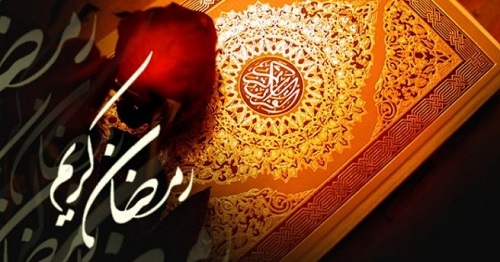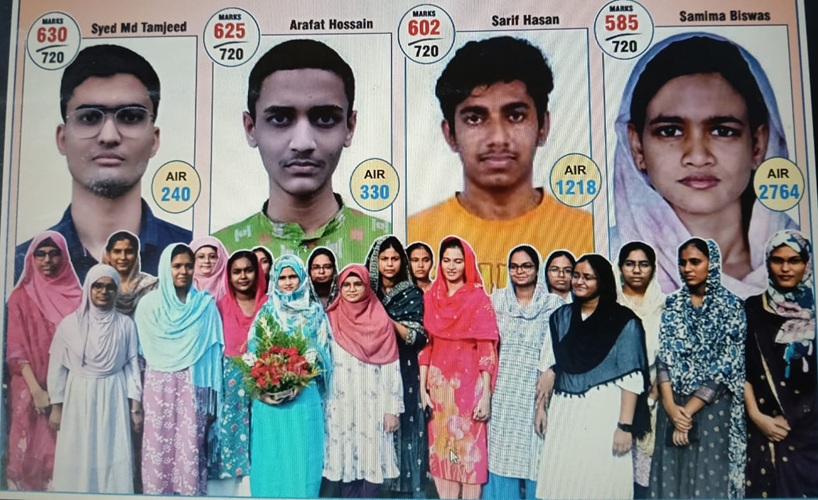By Lieutenant Adeel Rana
Commanding Officer, New York City Police Department,USA.
Brief Info about Ramadan for our friends that might not be familiar:
Ramadan is the 9th month of the Islamic calendar, which is based on a 12 month lunar year of approximately 354 days. Because the lunar year is 11 days shorter than the solar year, each lunar month moves 11 days earlier each year. It takes 33 solar years for the lunar months to complete a full cycle and return to the same season. This year, the month long fast of Ramadan is set to begin on Saturday, June 28th, 2014. The month traditionally begins and ends based on the sighting of the first crescent of the new moon. Starting on June 27th, Muslims throughout the United States and the rest of the world will begin to search the sky for the new crescent, or in some cases, they will follow a pre-determined date based on astronomical calculation.
The month of Ramadan commemorates the revelation of the Qur’an, Islam’s holy book. During this month, Muslims fast from pre-dawn until sunset, forgoing eating and drinking during sunlight hours. The purpose of the fast is to grow in God-consciousness and moral excellence. In commemoration of the revelation of the Qur’an, Muslims gather nightly at mosques to hold special prayers in which the entire Qur’an is recited by the end of the month.
The Length and Purpose of Fasting
Muslims fast from pre-dawn to sunset, a fast of between 11- 16 hours depending on the time of year for a period of 29-30 days. The fast of Ramadan entails forgoing food and drink, and if married, abstaining from sex during the fasting hours. For Muslims, Ramadan is a time to train themselves both physically and spiritually by avoiding any negative acts such as gossiping, infighting, lying or arguing. Muslims welcome Ramadan as an opportunity for self-evaluation, spiritual improvement and growth. Ramadan is also a highly social time as Muslims constantly visit each other to break-fast together and meet for prayers at the mosque.
The ultimate goal of fasting is greater God-consciousness. The Qur’anic (Arabic) word is taqwa, signifying a state of constant awareness of God. From this awareness a person should gain discipline, self-restraint and a greater incentive to do good and avoid wrong.
Who Fasts
All Muslims who have reached puberty are obligated to fast. However, for people in situations where fasting would be a hardship, they are exempted from fasting. This includes anyone who is sick or traveling; women who are pregnant, nursing, or on their menses; or older people who are too weak or ill to fast. Anyone who is exempted must make up the fast later, except for those who cannot fast due to age or chronic illness. Instead, they can feed a poor person for every day of fasting they miss.






0 Comments